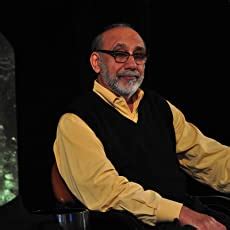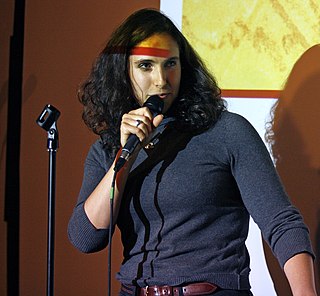A Quote by J. Robert Oppenheimer
It is a profound and necessary truth that the deep things in science are not found because they are useful; they are found because it was possible to find them.
Related Quotes
Had I to give advice to writers (and I do not think they need it, because everyone has to find out things for himself), I would tell them simply this; I would ask them to tamper as little as they can with their own work. I do not think tinkering does any good. The moment comes when one has found out what one can do - when one has found one's natural voice, one's rhythm. Then I do not think that slight emendations should prove useful.
Science only means knowledge; and for [Greek] ancients it did only mean knowledge. Thus the favorite science of the Greeks was Astronomy, because it was as abstract as Algebra. ... We may say that the great Greek ideal was to have no use for useful things. The Slave was he who learned useful things; the Freeman was he who learned useless things. This still remains the ideal of many noble men of science, in the sense they do desire truth as the great Greeks desired it; and their attitude is an external protest against vulgarity of utilitarianism.
When I was young, I said to myself, "You've got to make the most of your life." It's all about taking risks. Push yourself to do as much exploration as possible. Find yourself. Because sometimes we think we've found ourselves, but it's only part of ourselves we've found. We haven't pushed ourselves far out there where we make mistakes and things don't work out, but at least we've discovered something. I felt that's what my life had to be.



































